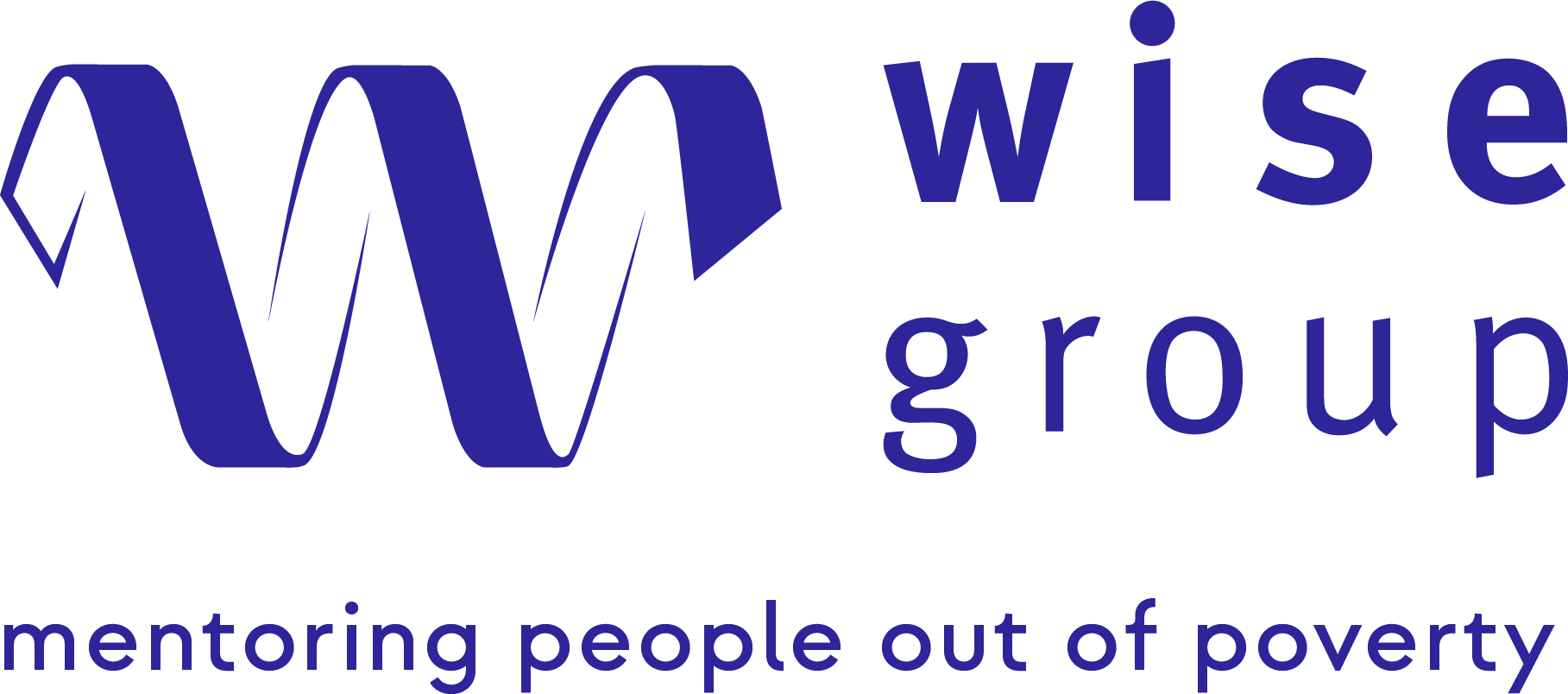We believe that fuel poverty should be a thing of the past, and yet increasing numbers of people are locked in a cycle of choosing between heating and eating. The increasing cost of living, coupled with welfare reform mean more and more families are faced with difficult choices every day. Many are kept in a daily struggle to make ends meet, unable to break free from the restrictions our economy places on them.
It’s estimated that there are 613,000 households in Scotland living in fuel poverty. In the north east of England, nearly 14% of households are in fuel poverty which equates to nearly 160,000. That’s a huge and unacceptable number of people without a warm, comfortable home, at a cost that’s affordable to them. A large proportion of those in fuel poverty are families with children, elderly people, people with long-term health conditions and those with disabilities. National Energy Action estimates that in the next 15 years the cumulative effect of fuel poverty will be 125,000 premature deaths as a result of living in cold homes.
Citizens Advice found that half of the people who claim Universal Credit have gone without essentials like food, heating and toiletries. One tenth of Scots who are in work have had to miss paying gas or electricity bills at least once in the last year because they have run out of money.
Our Energy Advisors have seen this first hand as households struggle with elements of the new welfare system. Delays in Universal Credit payments can lead to financial crisis; an unexpected bill like a priority debt or a higher than normal energy bill can keep people locked in fuel poverty and fuel fear. Our Advisors have found that many choose to disconnect their meter altogether.
Self-disconnecting is becoming more and more common – the Scottish Federation of Housing Associations found that 61% of its housing associations and co-operatives reported an issue in the number of tenants self-disconnecting their own power or heating through fear of falling in to debt.
The main reason given was welfare reform.
Our advisors visited the home of a young woman who was waiting for her first Universal Credit payment. She had self-disconnected from her energy supply, leaving her home with no heating or hot water.
As part of our ongoing commitment to freeing people from fuel poverty, we established our Energy Crisis Fund. We’ve reinvested a portion of our own funds to be able to top up customers’ energy meters with up to £40 on a case-by-case basis.
We were able to top up our customer’s supply, and give her a food parcel from our food bank, The People’s Pantry.
Fuel poverty is not simply spending a lot of money on energy bills. Fuel poverty is your children not being able to play in their bedroom because you can’t afford to heat their room. Fuel poverty is not being able to stay in your rented property because the lack of heating has led to dampness and condensation. Fuel poverty is not being able to bring your newborn baby home from hospital because you don’t have any lights, heating or hot water.
As the largest provider of in-home energy advice and advocacy support in Scotland, we’re pledging to do more, to work tirelessly, and unlock people from the shackles fuel poverty.
Let’s talk
Find out more about how we can lift people out of fuel poverty.

